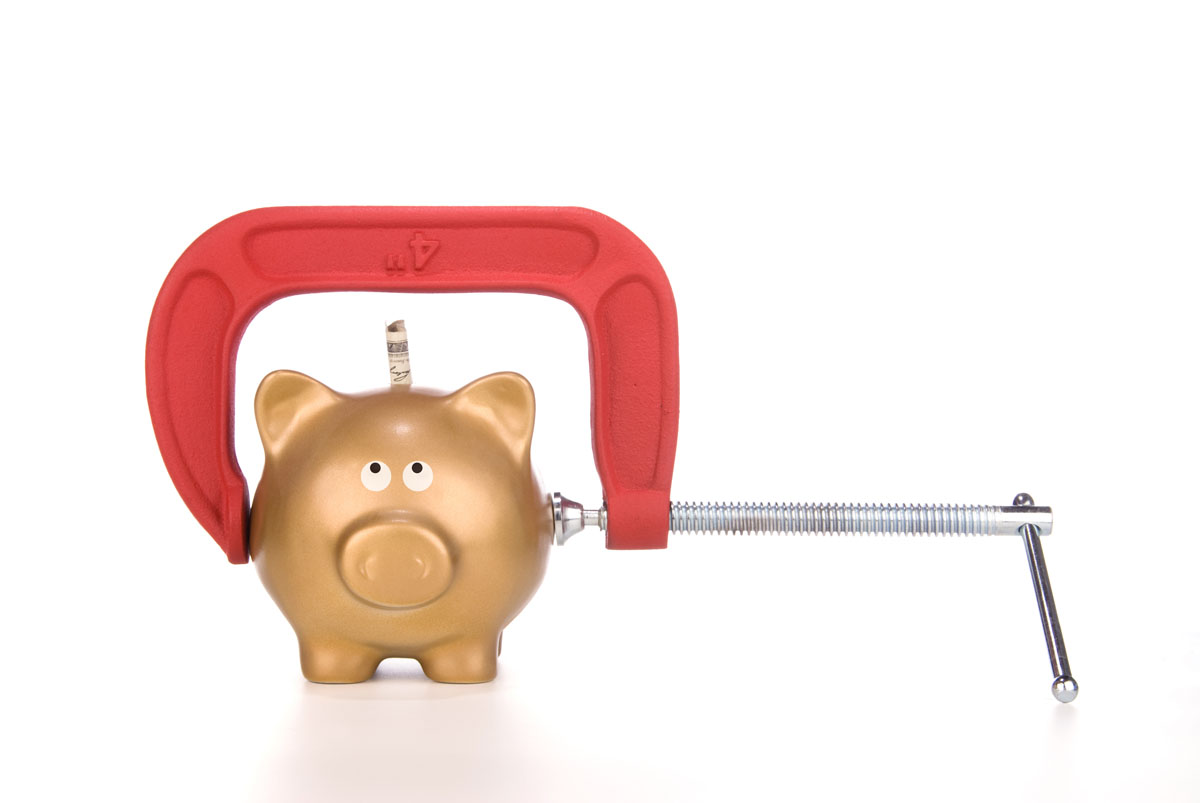What Is Bankruptcy?

The purpose of bankruptcy is to find a way forward with people who have large amount of debt while treating their creditors in a fair and equitable manner. The debtor often sees this process as a “fresh start” without the specter of looming bills.
Chapter 7 Bankruptcy
When you agree a trustee can take and sell some assets and/or property to pay back debt in exchange for wiping away the debt that qualifies for Chapter 7 Bankruptcy. You can also maintain property that is exempt and protected by state law.
This “fresh start” wipes out debts such as medical bills, personal loans and credit card balances taking a streamlined approach without the demands of a monthly plan for repayment. For this to happen the debtor must agree the person appointed as the bankruptcy trustee can sell what is known as non-exempt property. The proceeds are then sent to the creditors according to a system to rank their priority.
It is not needed for the debtor to relinquish all their assets. What you need to maintain your home and continue working, with a reasonable vehicle. Often the debtor may keep all of their personal property but what can be kept does differ from state to state.
The following is considered non-dischargeable debt under Chapter 7 Bankruptcy:
- Student loan debt unless I can be demonstrated it would be incorrect to repay
- Awards originating from wrongful death or injury from being intoxicated while operating a vehicle
- Unpaid income taxes accrued over the last three years (and in some cases longer)
- Child support, spousal support and obligations for domestic support
Both individuals and businesses can utilize Chapter 7 Bankruptcy and the process usually takes between four to six months to complete.
Eligibility
You will not be able to file a Chapter 7 Bankruptcy is most of your debt is consumer debt and you have sufficient income to finance a Chapter 13 plan for repayment. You can also only do this once every eight years.
Property
As we said above you can keep what you need to maintain your home and continue working, with a reasonable vehicle. Often the debtor may keep all of their personal property but what can be kept does differ from state to state.
Secured Debt
You will have the option of allowing the creditor to repossess a secured debt or to maintain ownership of the property as well as maintaining the payments as per the sales contract.
Non-dischargeable Business Debt
Business debt is not wiped out in Chapter 7 Bankruptcy. Other than sole proprietors it is seldom a business will even file for this kind of bankruptcy as there are easier ways to wind down a business enterprise. When assets need to be sold in a manner that is transparent it may be a good option, however.
Chapter 13 Bankruptcy
This form of bankruptcy helps high-income earning individuals reorganize their debt. With this form of bankruptcy. Although you can retain your property, creditors must be repaid as part of a three to five-year Chapter 13 Bankruptcy plan as well as any income that is discretionary going towards the total owed as defined by the rules of bankruptcy.
Repayment
You will have to propose a plan for repayment detailing your debts for the last three to five years and how you intend to pay them. The minimum amount for this is based on how much you earn, how much you have to repay as well as how much is owed and the value of your property that is non-exempt.
Debt Limitation
The maximum limit for secured debt is $1,257,850 and no more than $419,275 in debt that is not secured.
Mortgage And Car Payment Arrears
Chapter 13 Bankruptcy can also be used to pay car and house payments that have fallen in arrears to avoid both repossession and foreclosure.
Other Bankruptcy Reorganization Options
There are two other options known as Chapter 11 Bankruptcy and Chapter 12 Bankruptcy. Chapter 11 bankruptcy is normally used by businesses to reorganize their financial affairs when they are struggling to survive. Individuals whose total debt exceeds the amount offered by Chapter 13 Bankruptcy can also file for Chapter 11 Bankruptcy. Chapter 12 bankruptcy has similar qualities but a minimum of 80% of your debts must be from running a family owned fishery or farm. To pursue this form of bankruptcy, speaking to a lawyer is essential.
Source: O’Neill, Cara. “What Is Bankruptcy?” Www.nolo.com, Nolo, 23 Nov. 2016, www.nolo.com/legal-encyclopedia/chapter-7-13-bankruptcy-basics-29829.html.
Speak With Our Bankruptcy Lawyers In Phoenix & Scottsdale
Canterbury Law Group should be your first choice for any bankruptcy evaluation. Our experienced professionals will work with you to obtain the best possible outcome. You can on the firm to represent you well so you can move on with your life. Call today for an initial consultation. We can assist with all types of bankruptcies including Business Bankruptcy, Chapter 7 Bankruptcy, Creditor Representation, Chapter 5 Claims, Chapter 13 Bankruptcy, Business Restructuring, Chapter 11 Bankruptcy, and more.
*This information is not intended to be legal advice. Please contact Canterbury Law Group today to learn more about your personal legal needs.

